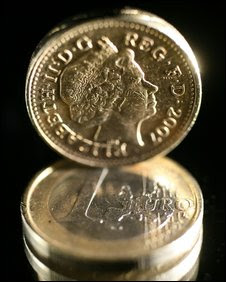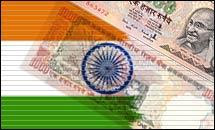
Freeing petrol and diesel prices from official control, restoring tax breaks on natural gas production and tax holiday for private oil refiners should be part of the government's agenda in the first 100 days, industry wished.
The Petroleum Federation of India, the apex body of public and private oil firms has submitted to the Oil Ministry a 100-day agenda for the new Government.
On top of its list is decontrol of petrol and diesel prices. Currently, public sector retailers sell auto fuel at Government-dictated rates which the private sector competition is unable to match in times of high input cost (crude oil prices).
Petrofed has asked the Government to operationalise the 28th March 2002, resolution that freed petrol and diesel price from administrative control. State retailers fixed retail selling price every fortnight based on international rates till 2004 when the UPA came into power for the first time and brought back administrative controls.
The Federation also wanted the Government to gradually phase out subsidy on domestic LPG through provision of subsidy to families through coupons/smart cards.
Also, it wanted the Government to provide targeted direct subsidy administered through a smart card system for distribution of kerosene.
It wanted the tax holiday on natural gas to be restored and the same extended to private oil refiners.
The Finance Minister P Chidambaram had in 2008 denied natural gas production of seven year break from payment of income tax like the one enjoyed by producers of crude oil and Petrofed wanted this to be restored. The tax holiday should be enhanced to 10 years from 7 years currently.
"Provide flexibility to claim tax holiday for oil as well as gas production in any 10 years during the first 15 years after the commencement of commercial production under section 80IB(9) of Income Tax Act," its memorandum said.
Petrofed also wanted the seven-year income tax holiday on setting up of refineries to be extended to the private sector.
Currently, this is available only to public sector firms setting up units by March 2012. It also suggested granting 'declared goods' status to natural gas and raising price of gas sold under administered price regime.
Further, it asked the Government to unburden the exploration and production sector of sticking Service Tax since it cannot be set-off, include petroleum products under the Goods and Services Tax (GST) regime, and waive fully the custom duty on import of materials used in transmission projects and removal of anomaly in Naphtha taxation.
Petrofed wanted the Finance Ministry to enlarge the list of goods that could be imported duty-free while also simplifying custom procedures for drilling tools and equipments imported under duty concessions.
"Provide single window clearance for the upstream companies to expedite the process of clearance related to exploration blocks and reduce time and cost overruns," it said.
It recommended developing Petroleum Economic Zone for developing a world-class global upstream services hub in India.



